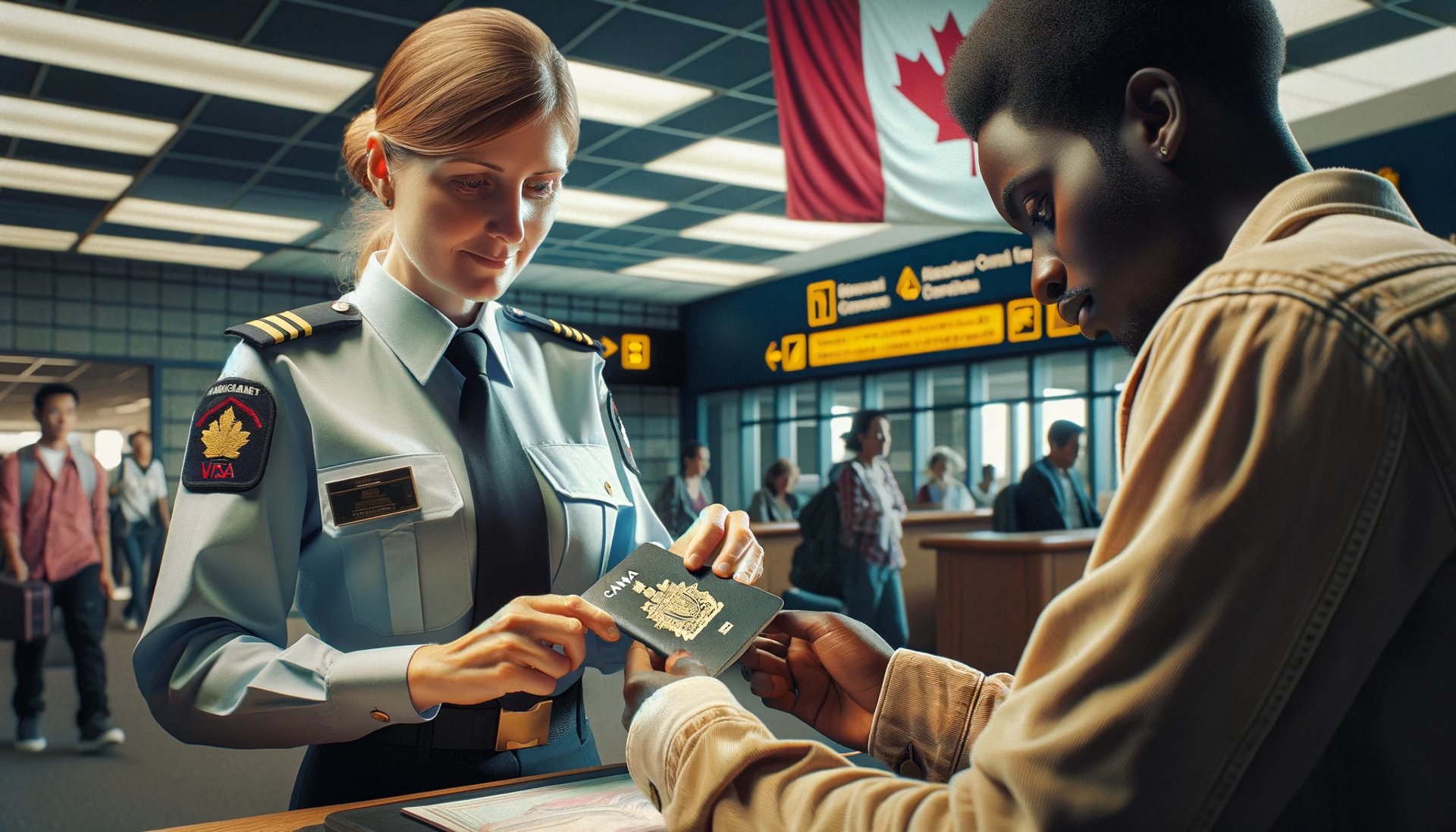Navigating the Canadian Visa Application Process: A Comprehensive Guide for African Students
A step-by-step guide to the visa application process for international students in Canada.
3/27/20243 min lire

Embarking on an educational journey to Canada is a dream for many African students. However, the path through the visa application process to obtain a study permit can seem intricate and daunting. This comprehensive guide aims to demystify the process, providing you with step-by-step advice, essential documentation insights, and expert tips for a successful visa interview.
Understanding the Canadian Study Permit
A study permit is a document issued by the Canadian government that allows foreign nationals to study at designated learning institutions (DLIs) in Canada. While it is not a visa, it is often issued alongside a visitor visa or electronic travel authorization (eTA), which allows you to enter Canada.
Step 1: Admission from a Designated Learning Institution
Your first step is securing admission from a DLI. Once accepted, you will receive an acceptance letter, which is crucial for your study permit application.
Step 2: Understanding the Study Permit Requirements
Before applying, familiarize yourself with the requirements. These include:
Proof of acceptance by a DLI.
Proof of identity (valid passport or travel document).
Proof of sufficient funds to cover tuition fees, living expenses, and return transportation.
No criminal record (you may need to provide a police certificate).
A medical exam, if required.
Step 3: Preparing Your Application
You can apply online or on paper, but online applications are processed more quickly and allow you to track the status of your application.
Required Documents:
Letter of acceptance from a DLI.
Proof of identity: A valid passport and two recent passport-size photos, with your name and date of birth written on the back.
Proof of sufficient funds: This can include bank statements, a Canadian bank account in your name if money has been transferred, a bank draft in convertible currency, proof of a student or education loan, your scholarship details, or a letter from the person or institution providing you with money.
Letter of explanation: This helps the visa officer understand your goals and how studying in Canada will help you achieve them.
Certificat d’acceptation du Québec (CAQ): Required if you plan to study in Quebec.
Police certificate, medical exam, and biometrics: Depending on your country, you might need to undergo a medical exam and provide biometrics.
Step 4: Demonstrating Financial Proof
You must prove you have enough money to support yourself (and any family members who come with you) during your first year in Canada. As of 2021, you need to demonstrate you can cover CAD 10,000 for living expenses, plus tuition. This amount increases with each family member who will be accompanying you.
Step 5: Applying for the Study Permit
With all your documents prepared, you can now apply for the study permit. The application can be filled out on the Immigration, Refugees and Citizenship Canada (IRCC) website. Pay the application fee (CAD 150 as of 2024) and submit your application.
Step 6: The Visa Interview
Some students may be called for an interview. This is your opportunity to convince the visa officer of your intentions to study in Canada and your plan to return home after your studies.
Tips for a Successful Visa Interview:
Be Prepared: Know the details of your chosen program and how it fits into your career plans.
Be Honest: Provide truthful answers. Visa officers are trained to detect dishonesty.
Show Ties to Your Home Country: Evidence of strong ties to your home country can help prove your intention to return after your studies.
Financial Readiness: Be ready to discuss how you intend to finance your education and stay in Canada.
After the Visa Interview
After the interview, if your application is approved, you will be instructed on how to send your passport to get the visa stamp. You'll also receive a Port of Entry (POE) Letter of Introduction and, if applicable, a temporary resident visa to enter Canada.
Preparing for Arrival in Canada
Before you depart, ensure you have all necessary documents, including your passport, POE Letter of Introduction, acceptance letter from your DLI, proof of financial support, and any other documents recommended by the Canadian embassy or consulate.
Tips for Your First Weeks in Canada
Open a Canadian bank account: This makes managing your finances easier.
Get a Canadian SIM card: Staying connected is essential.
Register for your classes: Do this as soon as you arrive.
Explore: Get to know your campus and the surrounding area.
